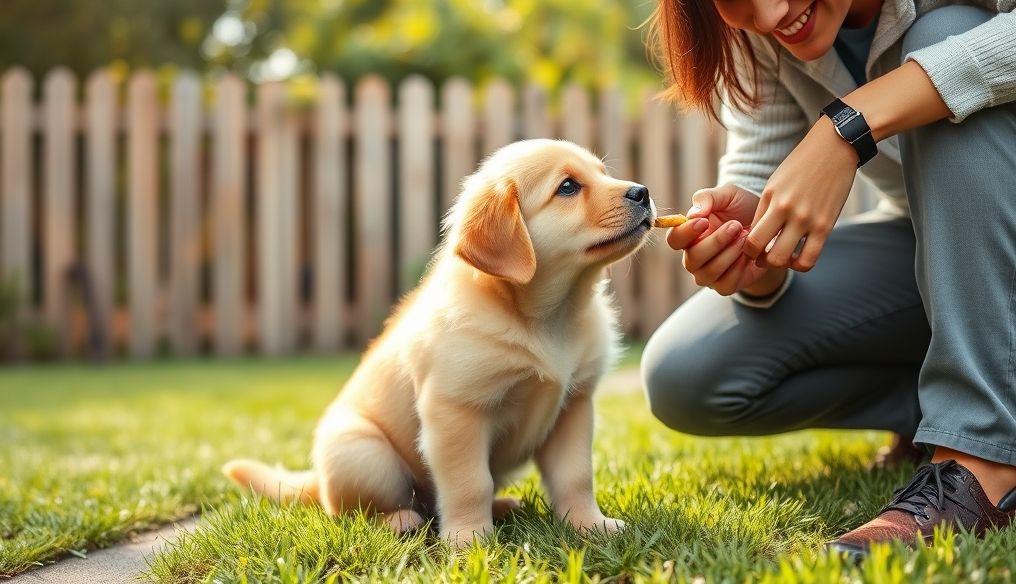Do Animals Remember Their Owners After a Long Absence?
The relationship between humans and pets is a unique one, characterized by love, loyalty, and companionship. But what happens when a person has to be away from their pet for an extended period? Do animals remember their owners after a long absence? This question intrigues many, and we will try to answer it by exploring the emotional memory of animals and how they cope with absence and reunion.
Understanding Animal Memory: Types of Memory and How They Work
To understand whether animals remember their owners, we must first understand how animal memory works in general. Memory is not just a black box that stores information, but a complex process involving different types of memory:
- Sensory Memory: Holds sensory information for a very short time (less than a second).
- Short-Term Memory: Holds information for a short time (several seconds to minutes) and is used for daily tasks.
- Long-Term Memory: Holds information for a long time (days, months, years).
Long-term memory is further divided into:
- Explicit Memory (Conscious): Includes facts and events that can be consciously recalled.
- Implicit Memory (Unconscious): Includes skills, habits, and procedures that are learned unconsciously.
For animals, implicit memory plays a significant role in their daily lives, as they rely on learning skills and habits for survival. As for explicit memory, its capacity varies among different species of animals.
Scientific Studies on Animal Memory
Several scientific studies have been conducted on animal memory, and they have reached interesting conclusions:
- Dogs: Studies have shown that dogs are able to remember commands, places, and people for a long time. They are also able to recognize scents after years of absence.
- Cats: Although cats are often considered less loyal than dogs, they are also able to remember their owners. Studies have shown that cats are able to recognize the voices of their owners after a long absence.
- Birds: Some types of birds, such as crows and parrots, have very strong memories. They can remember the locations of food storage, recognize faces, and solve complex problems.
Emotional Memory: Does It Play a Role in Animals Remembering Their Owners?
Emotional memory is a type of long-term memory that is closely linked to emotions. Emotional memory plays an important role in remembering events and experiences that have had a strong emotional impact on us.
For animals, emotional memory is likely to play an important role in remembering their owners. The relationship between humans and pets is often a strong emotional relationship, and therefore the pet may retain strong emotional memories of its owner.
Some studies suggest that dogs, for example, are able to feel sadness and anxiety when their owners are absent. This indicates that dogs retain emotional memories of their owners and that these memories affect their behavior.
Signs That an Animal Remembers Its Owner
There are some signs that may indicate that an animal remembers its owner after a long absence:
- Enthusiasm and joy when seeing the owner: The animal may jump, wag its tail, and bark or meow enthusiastically when seeing its owner after a long absence.
- Recognizing the owner's scent: The animal may approach its owner and sniff intensely, as if trying to recognize them.
- Recognizing the owner's voice: The animal may respond to the owner's voice even if it does not see them.
- Clinging to the owner: The animal may try to stay close to its owner after their return and may refuse to leave their side.
- Change in behavior: The animal may show signs of sadness or anxiety when its owner is absent, and its behavior may return to normal after their return.
Factors That Affect an Animal's Ability to Remember
An animal's ability to remember its owner is affected by several factors, including:
- Length of absence: The longer the absence, the more difficult it is for the animal to remember its owner.
- Strength of the relationship between the animal and its owner: The stronger the relationship between the animal and its owner, the more likely the animal is to remember its owner.
- Type of animal: Some types of animals have stronger memories than others.
- Age of the animal: Young animals may be less able to remember than adult animals.
- Environment: The environment in which the animal lives may affect its ability to remember.
How to Help a Pet Cope with Absence
If you have to be away from your pet for a long time, you can take some steps to help them cope with the absence:
- Leave a scent of you: You can leave a piece of clothing or a blanket with your scent on it with your pet.
- Provide a familiar environment: Try to keep your pet's environment as familiar as possible.
- Provide adequate care: Make sure your pet receives adequate care from a trusted person during your absence.
- Communicate with your pet: You can communicate with your pet by video or audio.
- Spend quality time with your pet upon return: Upon your return, dedicate quality time to spend with your pet.
Conclusion
Yes, animals do remember their owners after a long absence, but to varying degrees. Emotional memory plays an important role in animals remembering their owners, and an animal's ability to remember is affected by several factors. If you have to be away from your pet for a long time, you can take some steps to help them cope with the absence.
The relationship between humans and pets is a special one that deserves attention and care. Always remember that your pet depends on you and that your presence is important to them.




